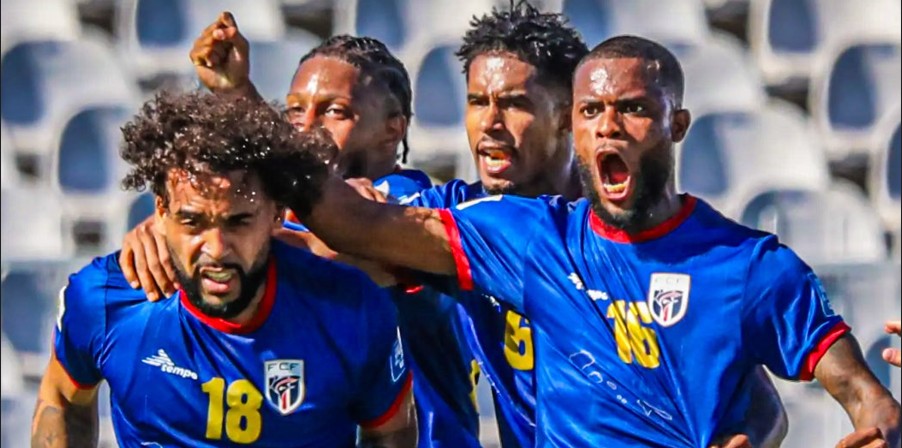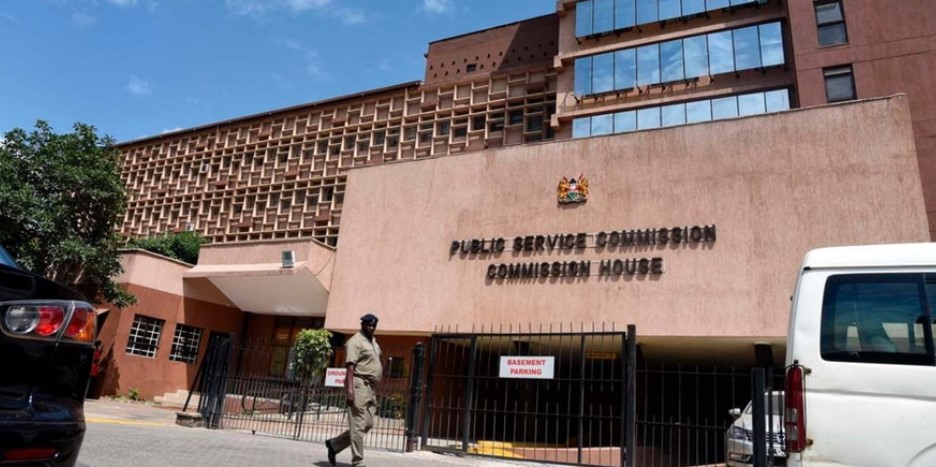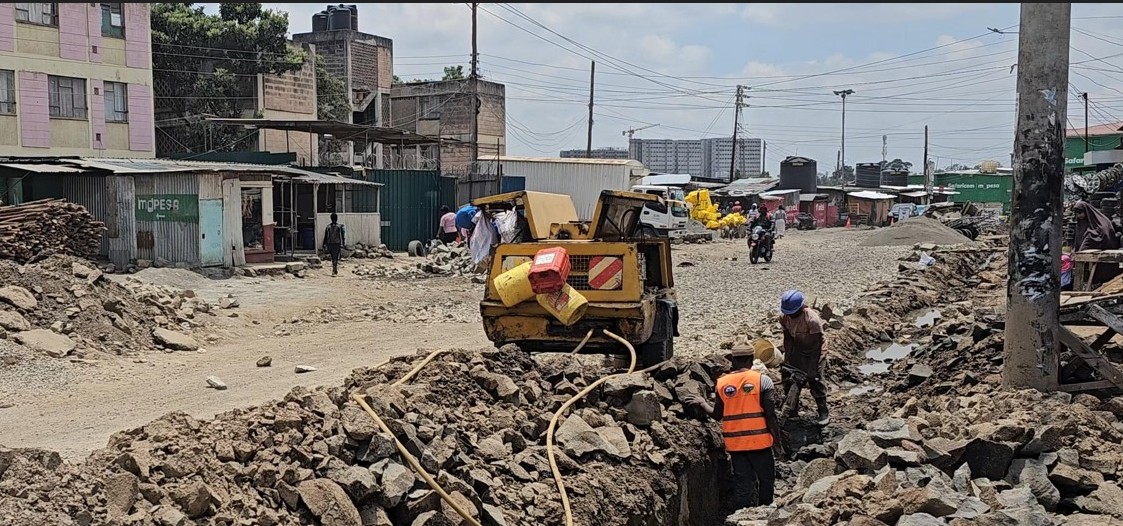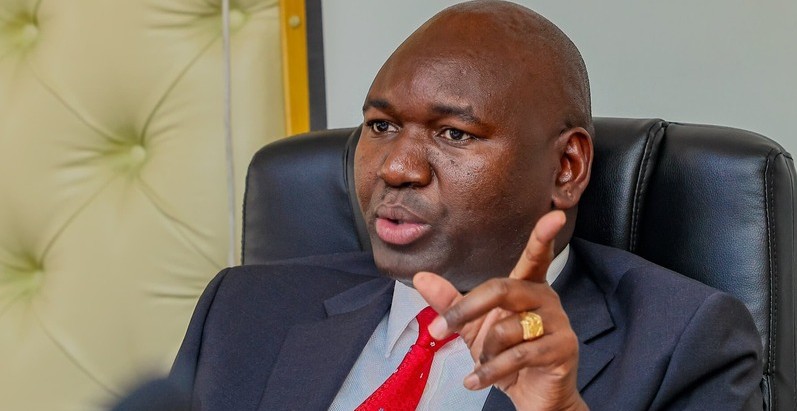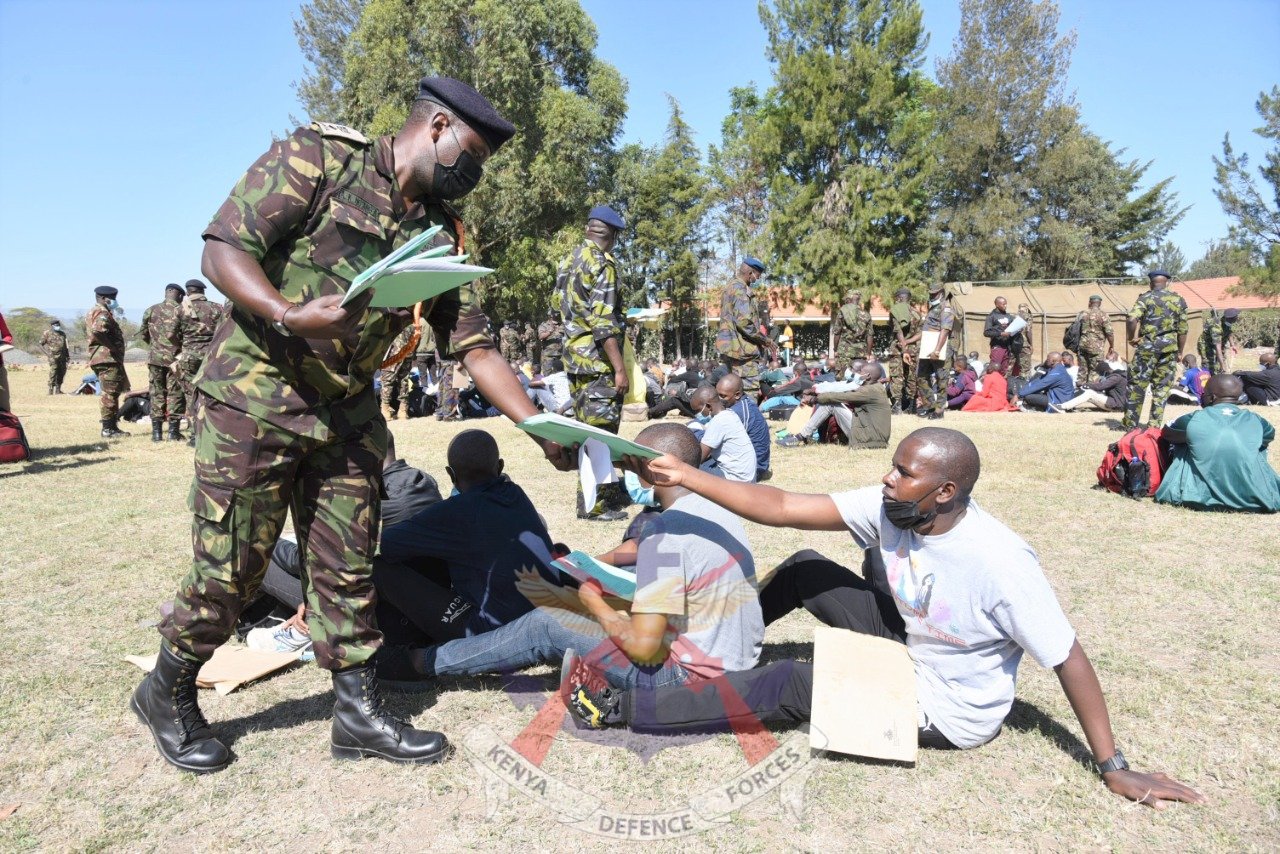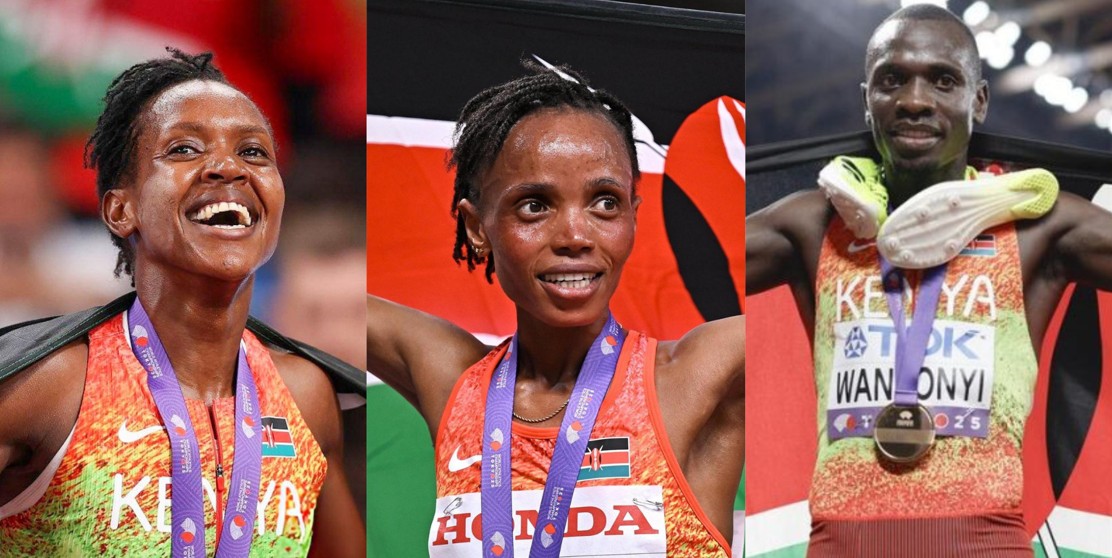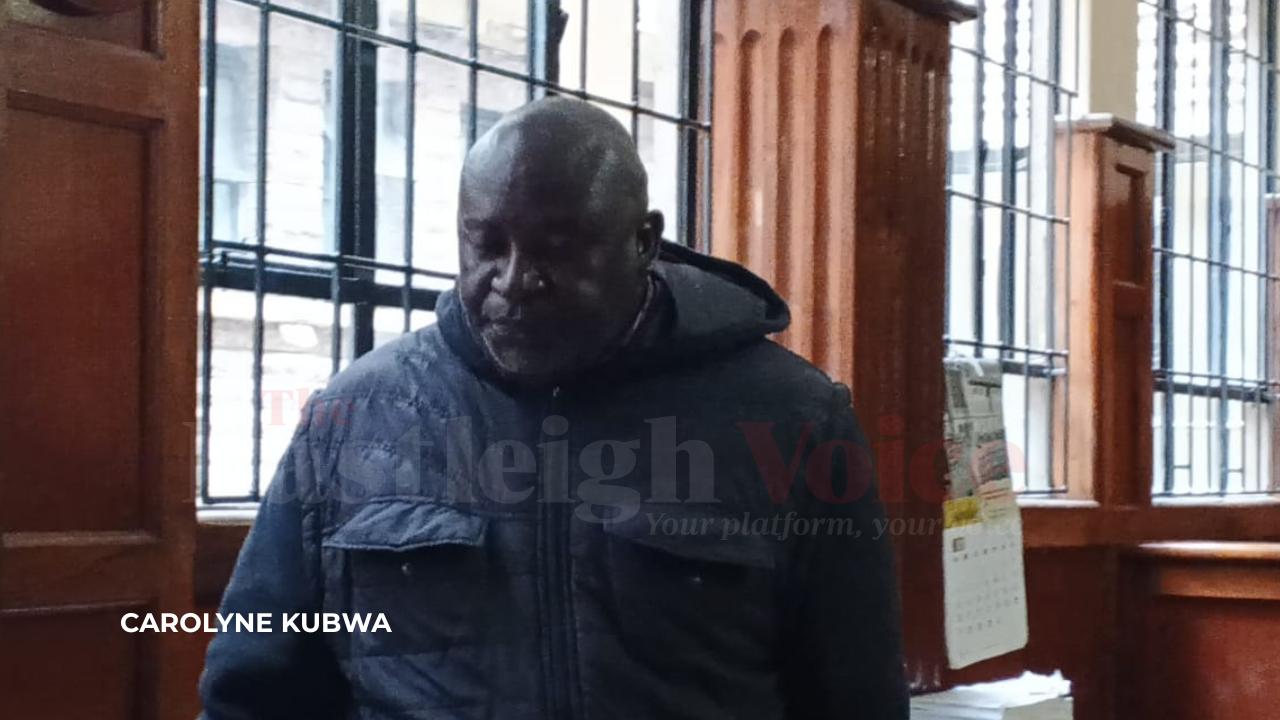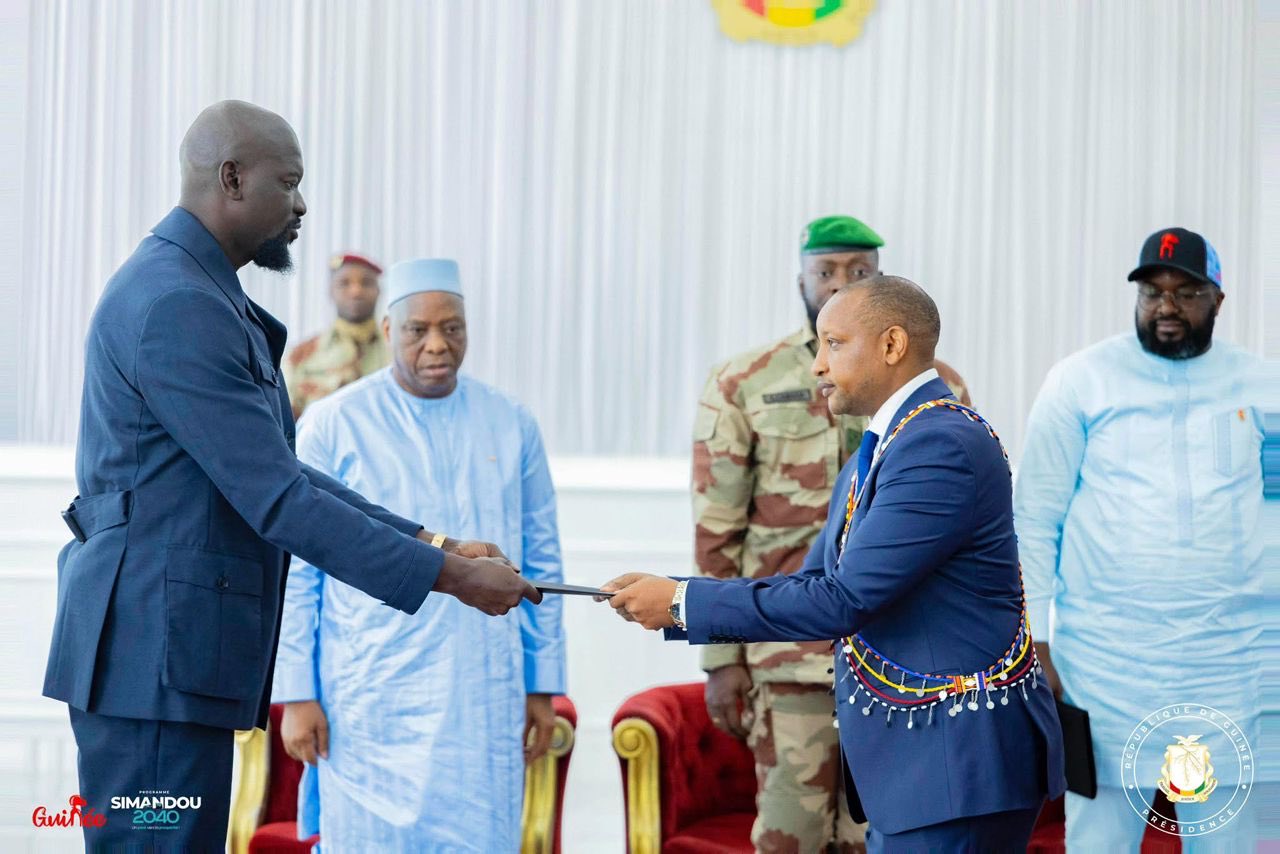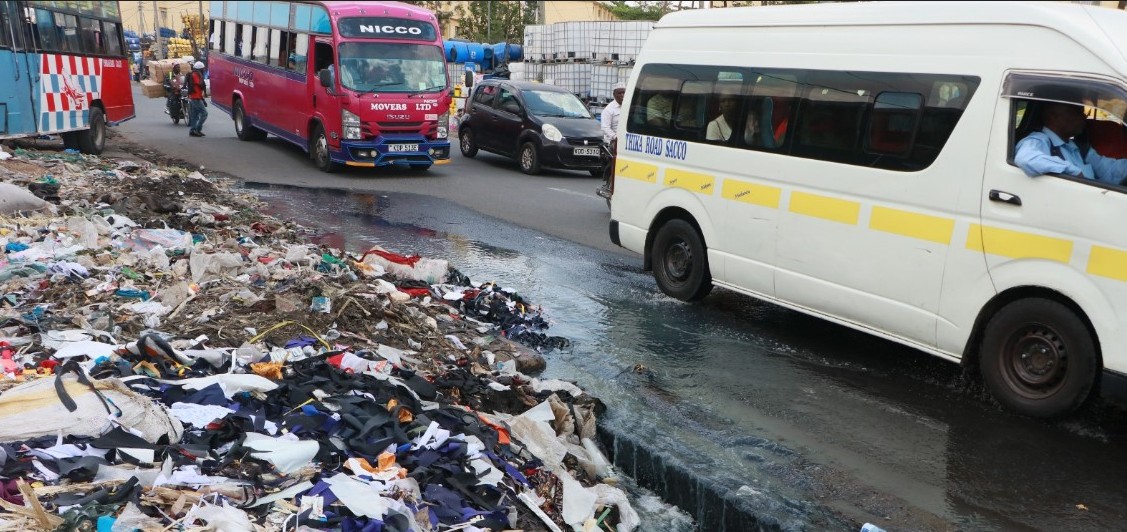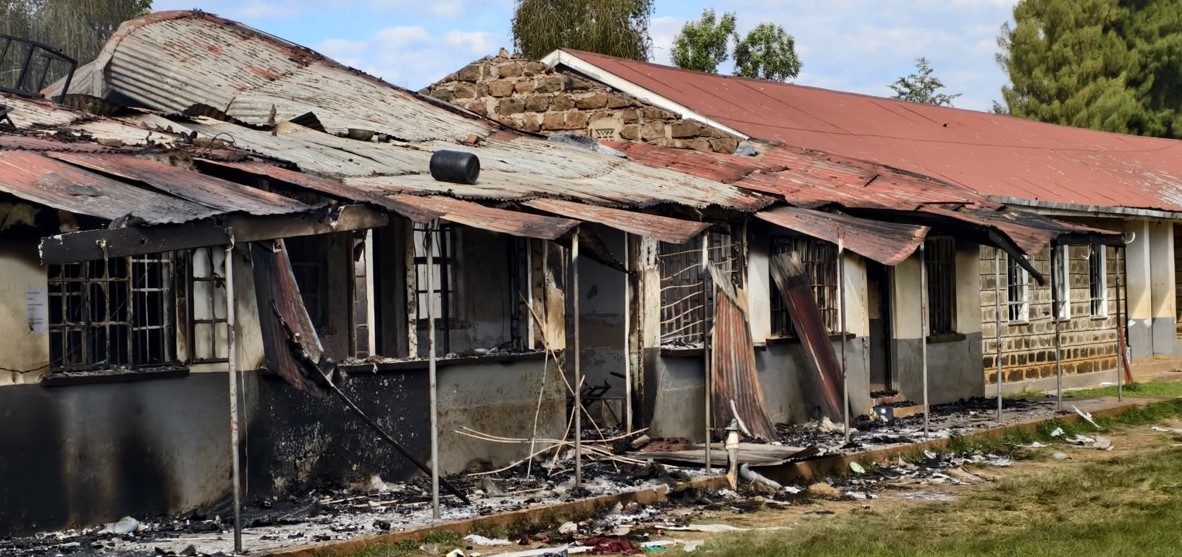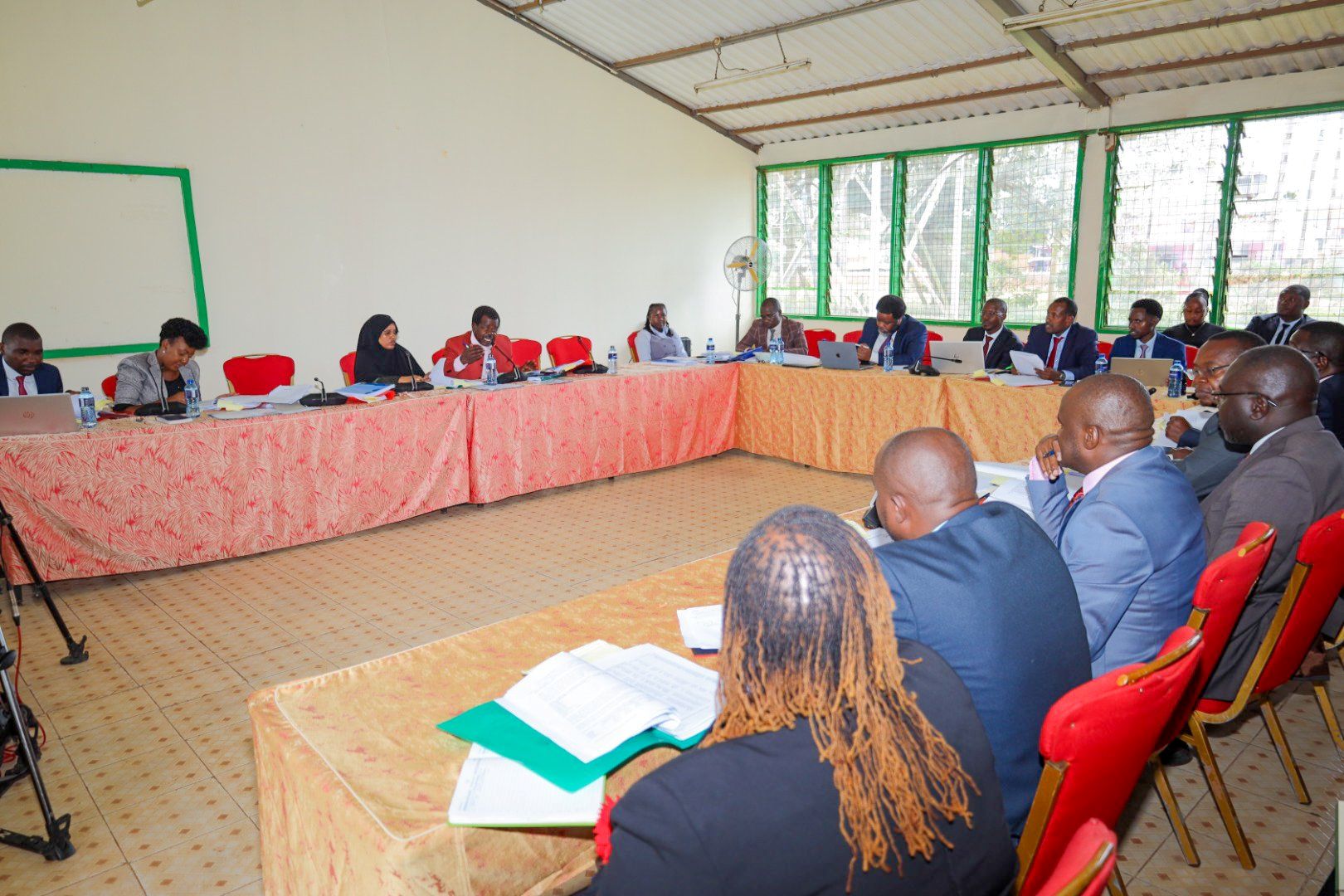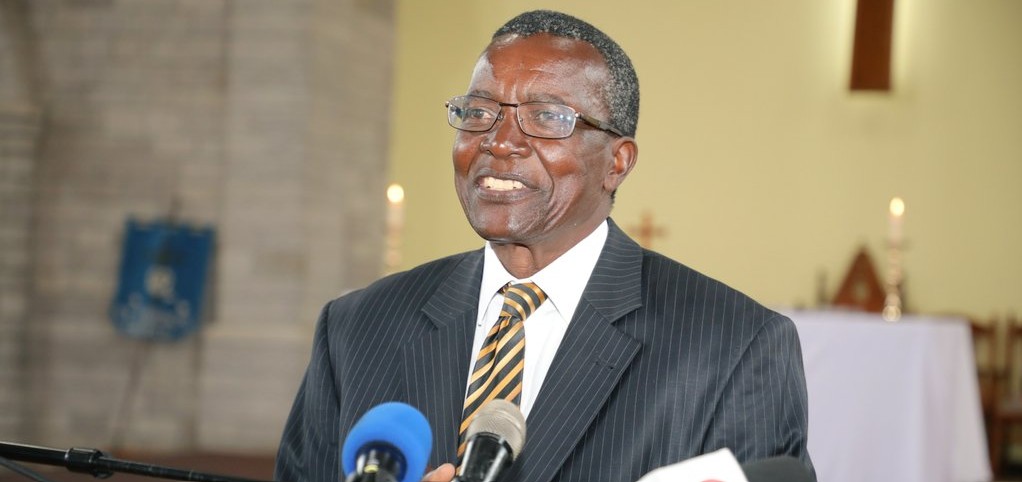OPINION: How we have lost Ramadan traditions over time
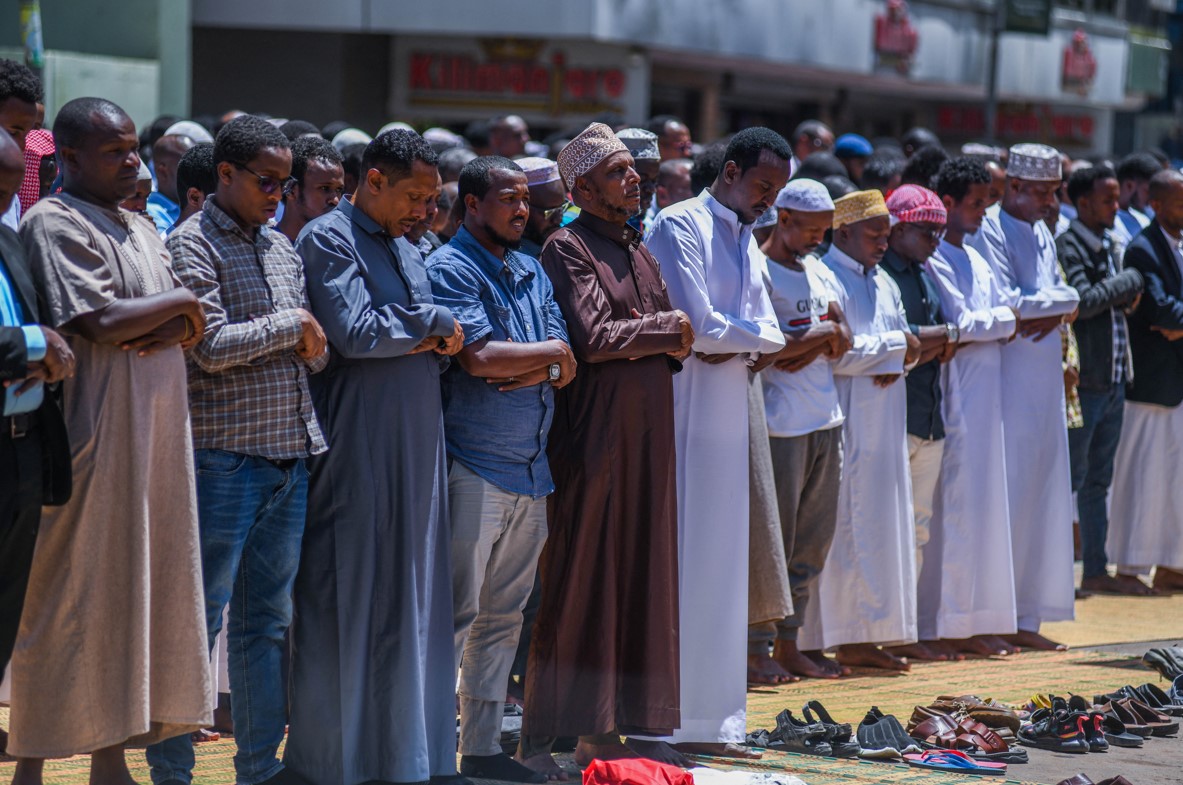
The present trend has prompted various organisations, including the government, to take action and provide relief food to the poor to aid in fasting, as opposed to the past.
As this year's Ramadan began, something unusual occurred to me: I began reminiscing about previous Ramadans. I expressed my thoughts with some friends, and they, too, had noted the change that came with Ramadan's advent.
When I was a kid, Ramadan was a season of great anticipation, filled with excitement and spiritual rebirth. It was a time for giving and receiving in equal measure. A time when families came together and buried any hatchet. A time when cousins would meet and spend time together, children were given money for sadaqah and there was so much love around.
More To Read
- From desert to dessert: The journey of dates to Kenyan tables
- Eid-ul-Fitr and Eid-ul-Adha: The two major Muslim holidays and what they mean
- Why Muslims are still fasting despite Ramadan ending
- Vibrant atmosphere as Eastleigh comes alive as Ramadan draws to a close
- Eid ul-Fitr in Gaza shadowed by bleakness as Israeli bombardment continues
- In Pictures: Muslims countrywide celebrate Eid-ul-Fitr to mark end of Ramadan
I feel like Ramadan is progressively losing its enthusiasm; I'm not sure if it's because I'm getting older, but as the years pass, the joy and spiritual renewal around the Holy Month fades steadily.
The drumbeat that used to wake up the ummah for suhur is no longer there, families no longer gather for Iftar as they once did, and children are less thrilled about Ramadan. The question lingers in my mind: What has changed in our collective consciousness, and how do we reclaim the essence of Ramadan in the face of shifting times?
In former years, the approach to this Holy Month was very different: the rich shared with the needy. However, the present trend has prompted various organisations, including the government, to take action and provide relief food to the poor to aid in fasting, as opposed to the past, when relief food was merely a supplement provided by neighbours, friends, and family and was not the only option for people from low-income families.
Neighbours, friends, and families would break the fast together while making dua and playing with their children, but this practice is gradually fading. Families are breaking the fast in the privacy of their own homes, unaware of whether their neighbours have eaten.
I recall that 10 days before Ramadan, a group of young boys would gather and plan how they would beat drums to wake people up for suhur, but with the rise of digital use and smartphones acting as alarms, the beating of drums has vanished into thin air. However, in rural areas, Muslims still practice the beating of drums but without much anticipation as before.
Apathy
The hustle and bustle that once defined the approach of Ramadan has been replaced by a sense of apathy, indifference, and even disillusionment. The joy that accompanied Ramadan has been overshadowed by the pressure and distractions of modern life, leaving a majority of believers feeling disconnected and disenchanted with the spiritual significance of the month.
So, what has contributed to this change? Perhaps it’s the relentless pace of life in this digital age, where the demands of work, school, and social commitments leave little time for introspection and spiritual reflection.
It could also be the influence of consumer culture, which has turned Ramadan into a season of extravagant Iftar, lavish decorations, and commercialised spirituality, or the erosion of communal bonds and fragmentation of traditional social ways of living.
Whatever the reason, it is clear that we are losing the bond that came with Ramadan. This is a moment of reckoning where we must confront the challenges and complexities of modernity while reclaiming the essence of Ramadan as a time of spiritual nourishment and community cohesion.
This is a call of action for us to rekindle the flame of faith within our hearts and the love of brotherhood. Let us embrace this Holy Month with open hearts and minds, drawing inspiration from the teachings of our beautiful religion and following the example of our prophet (S.A.W.).
Ramadan is not just a month on the calendar like any other, it’s a state of mind, a journey of the soul, and a path to spiritual enlightenment.
May we approach it with humility, gratitude, and a sense of purpose? Let us not forget that this is the time for us to demonstrate self-control and restraint. Remember the Quran was sent during this month as a guide for humanity. Ramadan Mubarak!
Amina Boru is a health record information officer, social change maker and a programme officer at Northern Frontier Medical Association.
Email: [email protected]
Top Stories Today
